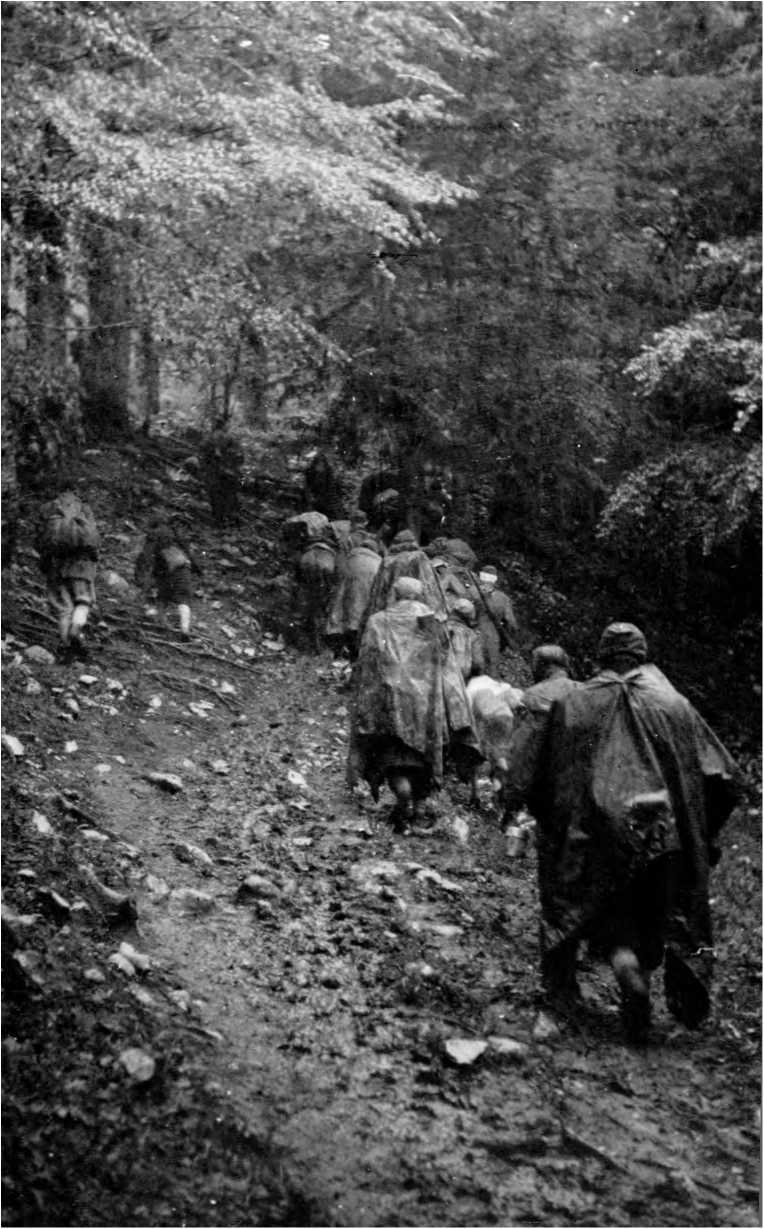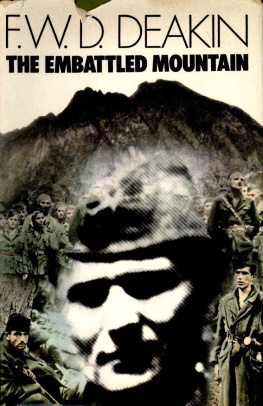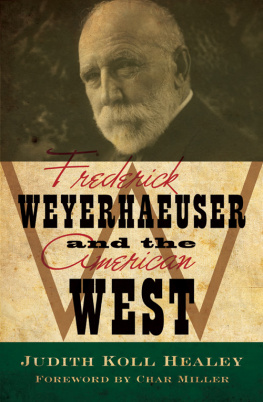Frederick William Dampier Deakin - Embattled Mountain
Here you can read online Frederick William Dampier Deakin - Embattled Mountain full text of the book (entire story) in english for free. Download pdf and epub, get meaning, cover and reviews about this ebook. year: 1971, publisher: Oxford University Press, genre: Non-fiction. Description of the work, (preface) as well as reviews are available. Best literature library LitArk.com created for fans of good reading and offers a wide selection of genres:
Romance novel
Science fiction
Adventure
Detective
Science
History
Home and family
Prose
Art
Politics
Computer
Non-fiction
Religion
Business
Children
Humor
Choose a favorite category and find really read worthwhile books. Enjoy immersion in the world of imagination, feel the emotions of the characters or learn something new for yourself, make an fascinating discovery.
- Book:Embattled Mountain
- Author:
- Publisher:Oxford University Press
- Genre:
- Year:1971
- Rating:3 / 5
- Favourites:Add to favourites
- Your mark:
- 60
- 1
- 2
- 3
- 4
- 5
Embattled Mountain: summary, description and annotation
We offer to read an annotation, description, summary or preface (depends on what the author of the book "Embattled Mountain" wrote himself). If you haven't found the necessary information about the book — write in the comments, we will try to find it.
Embattled Mountain — read online for free the complete book (whole text) full work
Below is the text of the book, divided by pages. System saving the place of the last page read, allows you to conveniently read the book "Embattled Mountain" online for free, without having to search again every time where you left off. Put a bookmark, and you can go to the page where you finished reading at any time.
Font size:
Interval:
Bookmark:

London
OXFORD UNIVERSITY PRESS
NEW YORK TORONTO
1971
Oxford University Press, Ely House, London W.i
GLASGOW NEW YORK TORONTO MELBOURNE WELLINGTON
CAPE TOWN SALISBURY IBADAN NAIROBI DAR ES SALAAM LUSAKA ADDIS ABABA BOMBAY CALCUTTA MADRAS KARACHI LAHORE DACCA KUALA LUMPUR SINGAPORE HONG KONG TOKYO
ISBN 0192151754
F. W. D. Deakin, 1971
Printed in Great Britain by
Richard Clay (The Chaucer Press), Ltd., Bungay, Suffolk
The Battle Area Yugoslavia
facing page 1 at end of book
This book has been long in gestation, and has at times assumed elusive and protean shapes. It was my original intention to present a study of the battle on the Sutjeska river in Montenegro in early June 1943 between the main operational forces of the Yugoslav National Liberation Army and the encircling Axis divisionsan operation given the code name Schwarz by the German planners and mounted for the final destruction of the partisan movement of Tito.
The scheme of the original work was drafted as a set piece, in the tradition of national epic, and I engaged in minute research of the events of the operation itself as a classical study in partisan warfare, erupting round the mountain stronghold of Durmitor and raging through the surrounding river valleys and barren crests. The account would be situated in the context of the Mediterranean theatre of the Second World War, and unfold the aims and attitudes of all belligerent parties.
But the quest as an historian in search of the realities and myths of this symbolic conflict, fought out in the isolation of one corner of enemy-occupied Europe, was soon bedevilled and blocked at every turn by the intruding personal memories of the commander of a British military mission, which had been dropped with unsuspecting innocence into the ring.
Every exertion to blend the mental images of a witness with the detached reconstruction of a scholar spent itself in a confusion of disordered riches.
Many such missions were sent into enemy-occupied Europe during the Second World War, and have been the subject of invaluable autobiographical record. It is not my purpose to add, in such a form, another account to a distinguished list.
But I have been driven to garner and harvest the essence of past recollections and impressions, aided by surviving companions, British and Yugoslav, before embarking, on a future occasion, on the professional study planned in the beginning. The present book has thus assumed the lineaments of a prelude to such a work.
The episodes here described took place a quarter of a century ago, and are presented in three deliberate stages.
Firstly, a prologue which evokes the embattled mountain of the story.
Secondly, unclouded by hindsight, our appreciation of the Yugoslav partisans and their daily lives, of the personalities of their leaders, the nature of their military and political structure as seen within the limits of the time of our witnessing and the contours of our wanderings: a simple account of a crisis of some import to a subsequent appreciation of the causes of the final victory of Tito and the National Liberation Movement of Yugoslavia. It is intended to be a fragment of history as seen in the mirror of the moment, an admission of personal involvement, and the evidence of a helpless witness with the sole responsibility of honest recording and without the assurance of prior and learned understanding.
It would be idle and improper to hint at the fiction of an olympian impartiality. We were engaged in an hourly fight for our lives, shielded by the protecting sacrifice of our companions. The core of this record is marked by such memories.
But the concluding and third stage of my account is intended as an exercise in reconstructing, in strictly historical terms, the broad military and political issues which determined our coming: the historian replacing the witness and seeking to set in perspective the decisions of the British authorities to send a mission officially to the headquarters of Tito in Montenegro in May 1943, as the culmination of a series of attempts to contact resistance elements in the country since the Axis occupation two years previously.
I have tried to throw new light on the frustrated vicissitudes of British policy towards Yugoslavia through the history of earlier British missions, piecing together early notes and drafts, and engaging in long hours of disputations and discussion with their surviving commanders. In the absence of official records, I have not burdened the narrative with the impedimenta of formal notes and bibliographies, but have sought a collective and provisional reconstruction of the historical record of these events, which in view of the known post-war destruction of part of the official British archives, may prove to stand in some measure the test of the release of the remaining evidence.
I can only hope to have snatched from oblivion some decisive aspects of British relations with Yugoslavia during those years.
The story is confused by the dilemma of contradictory intentions, by lack of vital and accurate British intelligence of events within Yugoslavia at critical moments. Many myths and mutual suspicions remain to be either dissipated or examined in the light of further evidence.
This book is intended to be an impressionistic prelude to such a study, to incite curiosity, and to serve as a gentle spur to wider controversies.
April 1970
F.W.D.D.
This book could not have been written without recalling the history of Typical mission in the company of its two radio operators: Sergeants Walter Wroughton and Peretz Rosenberg. But for their technical skills the mission would have failed and probably disappeared. The pocket diary which the former placed at my disposal made it possible to reconstruct our movements at the time and to recall scenes, and piece together drafts of messages. The latter, in long talks at his farm in Israel, enabled me to record details and bring to life episodes which had passed from my memory.
I owe much to the patient examination of the manuscript and pertinent comment of my friend General Vladimir Velebit, who shared with us the worst hardships of the time, and from whom I learnt more than any Yugoslav companion.
It has been my good fortune to discuss with Colonel S. W. Bailey the historical achievements of previous British missions to Yugoslavia and especially of his own. Our conversations started in 1942, and have continued up to the present. He generously allowed me to consult surviving drafts and personal notes which are vital to the story. I owe a similar debt to Colonel D. T. Hudson, whom I first met in my flat in Cairo after his return from Yugoslavia early in 1944an occasion marked by a marathon and still unending dialogue.
During the last twenty years I have had occasion to consult many British officers who served on missions both to Tito and to Mihailovi. Although we did not talk with the conscious purpose of writing this account, their impressions have broadened its frontiers. The interpretation of events is of course my own responsibility.
Many conversations, both professionally at the time and later as a friend, with my successor at Titos headquarters, Brigadier Sir Fitzroy Maclean, have enriched the reconstruction of this narrative. I learned much from his second-in-command, Colonel Vivian Street, with his unobtrusive wisdom and invaluable military experience, during our all too short time together. His recent tragic and sudden death is a bitter loss to all those who had the good fortune to know him.
Next pageFont size:
Interval:
Bookmark:
Similar books «Embattled Mountain»
Look at similar books to Embattled Mountain. We have selected literature similar in name and meaning in the hope of providing readers with more options to find new, interesting, not yet read works.
Discussion, reviews of the book Embattled Mountain and just readers' own opinions. Leave your comments, write what you think about the work, its meaning or the main characters. Specify what exactly you liked and what you didn't like, and why you think so.













